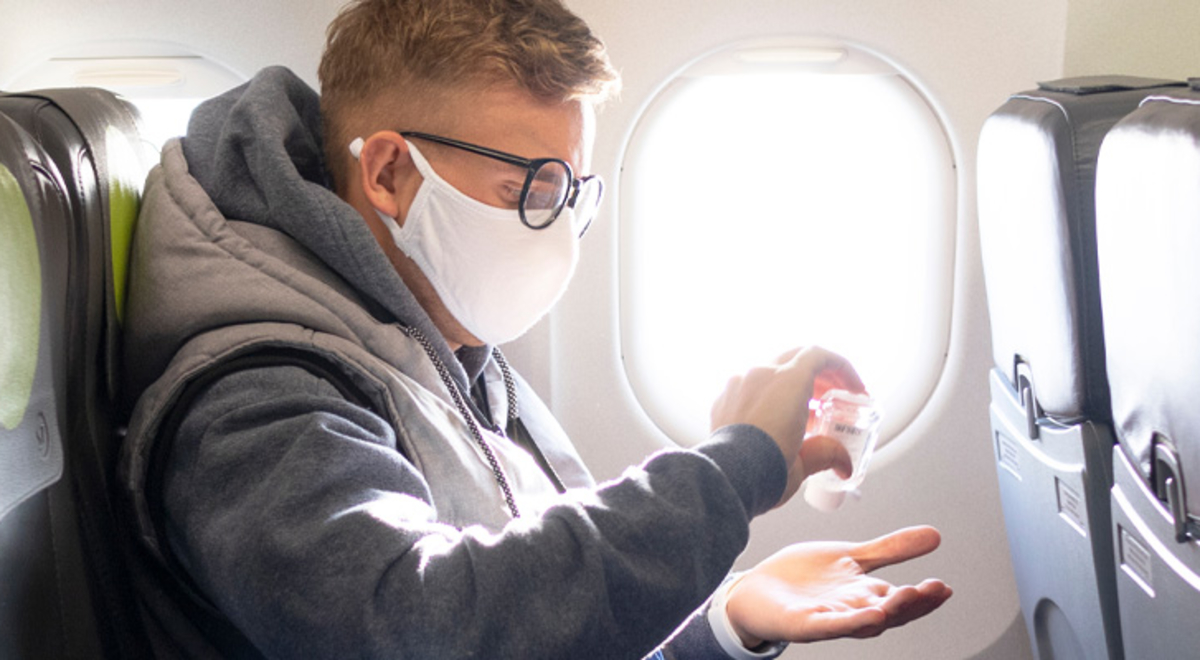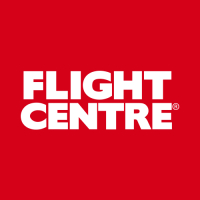As you head off on your December break, you may be dealing with some anxiety on how to keep safe, especially if you’re going to be flying.
Thankfully, the stats show that flying isn’t nearly as scary as we may have initially thought. Out of 1.2 billion travellers who have flown in 2020, only 44 COVID-19 cases were reported in which transmission was thought to have occurred on the airplane (this includes confirmed, probable and potential cases).
Airplanes use hospital theatre-grade air filtering systems that recirculate cabin air every three minutes, meaning that the air on the plane may be healthier than the air circulating in your office, according to the EU Aviation Safety Agency. Secondly, airlines have stepped up their cleaning procedures even more, deep cleaning aircraft as per IATA's stringent guidelines to minimise any droplets that may linger on surfaces.
Nevertheless, here are the Flight Centre Experts’ top tips to keep safe when flying:
Don’t fly if you are feeling ill
Having a compromised immune system already increases your risk of contracting the virus and puts other people at risk. Call any of our experts to change your date, should this be the case.
Plan ahead
Fly-by-the-seat-of-your-pants travel is, for now at least, off the cards. While you can snap up a great last-minute special for local travel, you're going to need time to get your ducks in a row.
Keep your distance in queues, at the airport and other public areas.
Allow extra travel time
The travel journey – from getting to the airport to checking in to your hotel – may take longer. Allow for extra time throughout so you don't feel rushed, or heaven forbid, miss a flight because you haven't made provision for the extra time needed to pass through all the new health and safety checks. Be patient and expect longer queues.
Plan ahead when it comes to parking
Check if your usual airport parking spot is open and if the same parking charges apply! Be sure to confirm upon arriving at any airport, as parkade areas may have been redesigned in recent months.
Wipe down surfaces
Wipe down tray tables, bathroom door handles, and armrests. Use disinfectant wipes and hand sanitiser to keep your space and your hands clean throughout your flight, minimising your chances of catching any other germs too, such as the pesky common cold or flu.
Bring your own food and entertainment
Most airlines have nixed the inflight food and beverage service and removed magazines from seat pockets. Avoid rumbling tummies and boredom by packing your own snacks, drinks (purchased after security), and entertainment for you and your little ones.
Opt for contactless
Passengers are encouraged to use mobile, or Whatsapp boarding passes for their flights, and scan their boarding passes without touching the scanner. ID documents will be shown, but not handed, to airport personnel. Passengers are now required to pack all items into their hand luggage, except for laptops that can be placed in the security tray.
As an added precaution on board, turn the ventilation nozzle above your seat towards your head to increase the airflow.
Pack a “fly-safe” kit - a face mask, sanitising wipes and sanitiser spray should all be included in this kit, use inflight. We strongly recommend you wear your face mask while travelling and masks are currently mandated on most flights across our domestic and regional network.
To book your flight, contact your Flight Centre Travel Expert.
Your Flight Centre Travel Expert is there to assist you every step of the way to get you travelling both confidently and enjoyably! Contact a Flight Centre Expert here.
Visit https://www.fctgtravelnews.com/ for travel updates and information. Information is subject to change at short notice. Contact a Flight Centre Expert for the most up-to-date information, regulations, advice and more.






